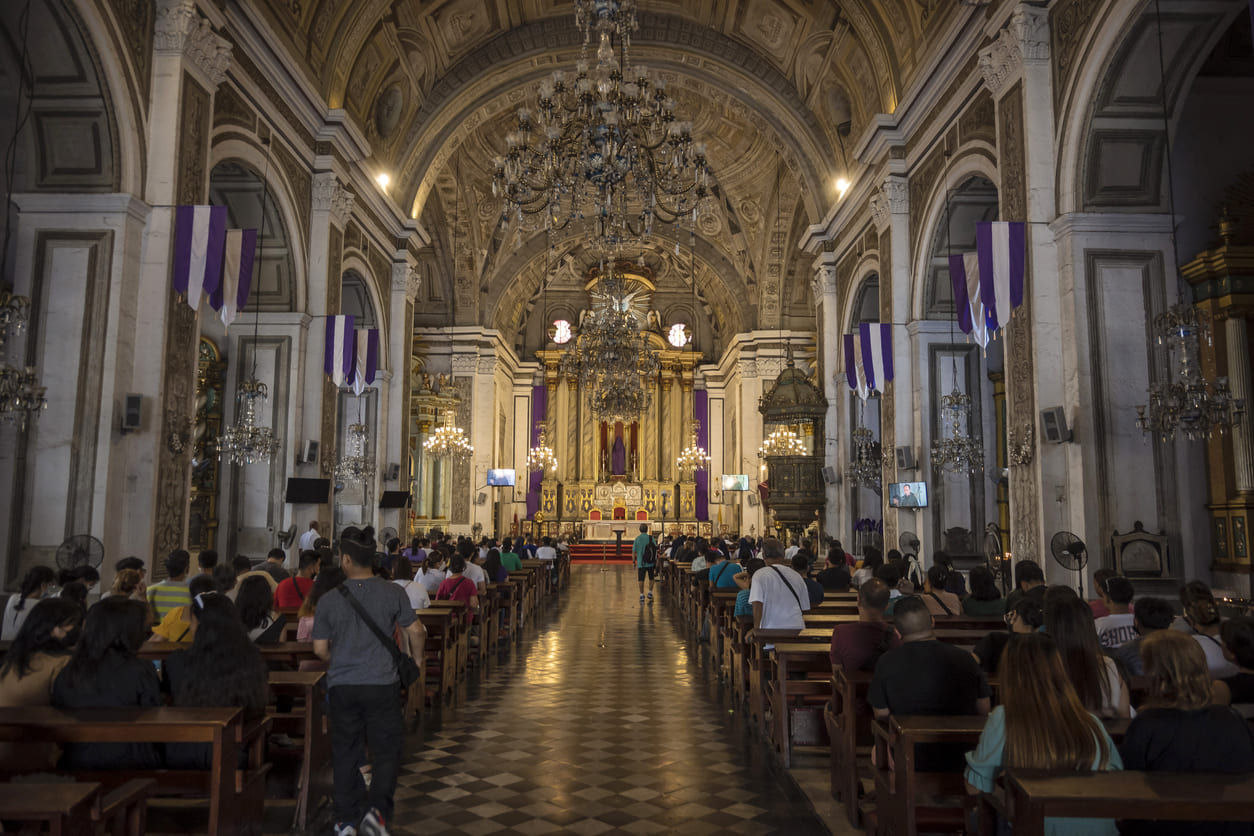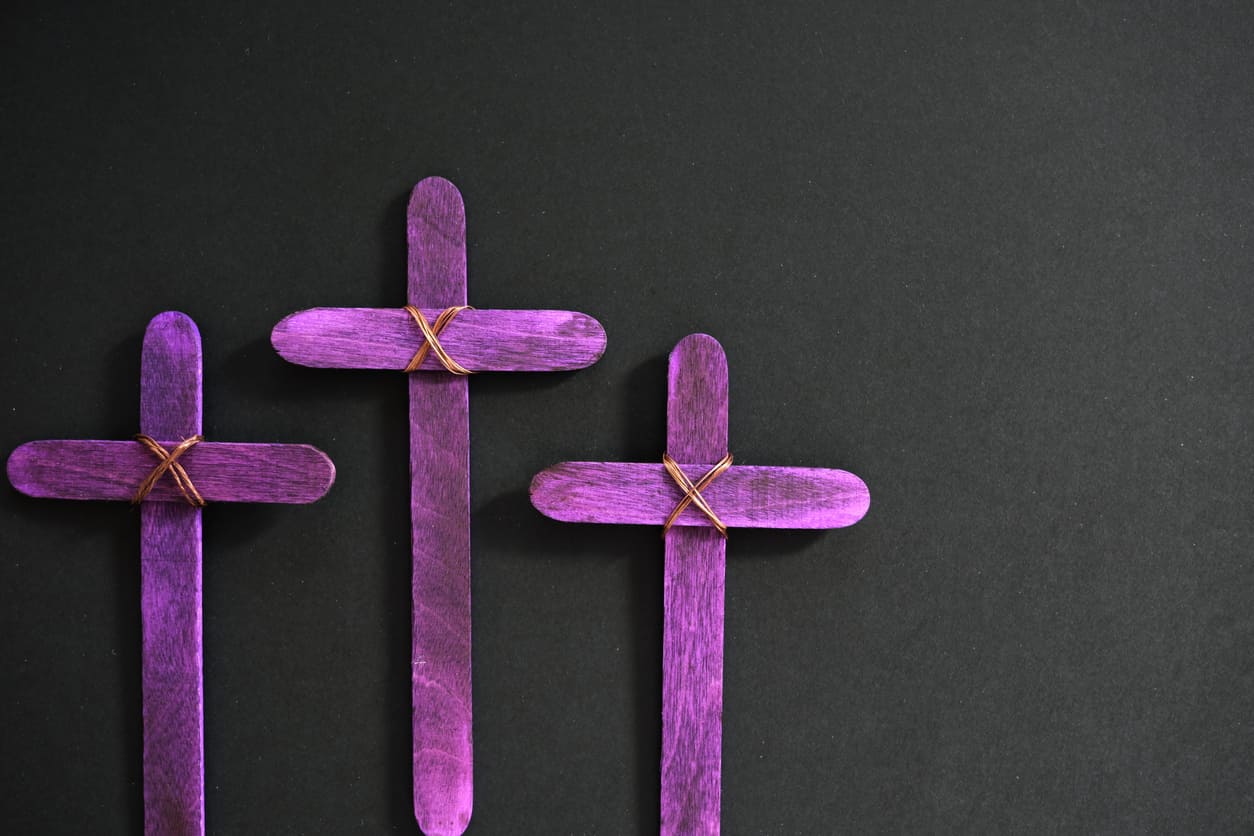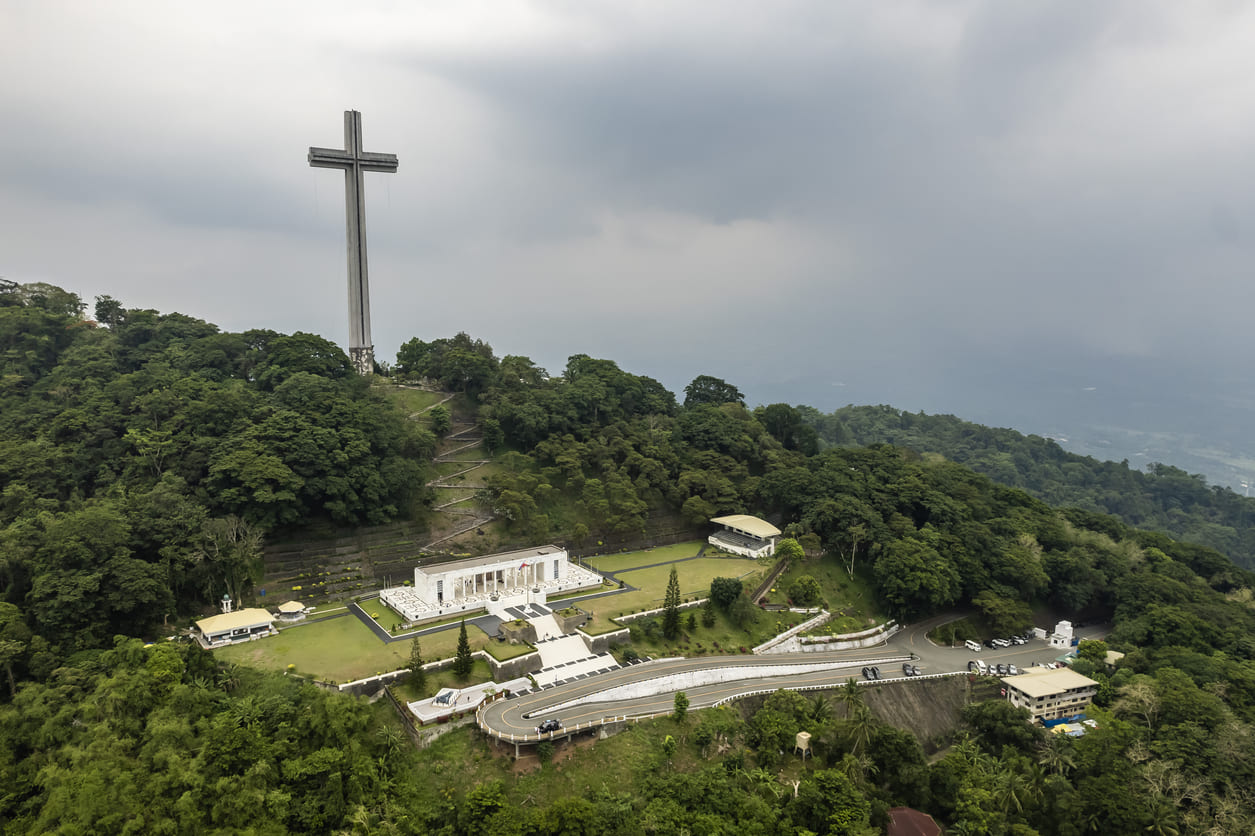Dates of Chinese New Year in the Philippines
| 2026 | Feb 17 |
| 2025 | Jan 29 |
| 2024 | Feb 9 - Feb 10 |
Philippines Holiday Calendars
Chinese New Year is widely celebrated by Filipino-Chinese communities with dragon dances, lantern displays, and traditional feasts. It is a vibrant cultural event that symbolizes good fortune, unity, and fresh beginnings for the Lunar New Year.
Chinese New Year: A Public Holiday?
Chinese New Year is a special non-working holiday in the Philippines, observed mainly by Filipino-Chinese communities with festive and cultural activities.

Chinese New Year
Chinese New Year has been celebrated in the Philippines for centuries, brought by Chinese immigrants who settled in the country as early as the 9th century. Following the traditional Chinese calendar, the Lunar New Year marks the beginning of a new cycle of fortune and prosperity. The largest wave of Chinese migration came during the Spanish colonial period, when many Chinese traders and workers made the Philippines their home. These settlers brought their customs, including the celebration of the New Year based on the Chinese calendar, which blended over time with Filipino traditions and became an important part of the country's festive life.
The Filipino-Chinese community, particularly in places like Binondo in Manila — the world's oldest Chinatown — kept the traditions alive through colorful parades, temple visits, and family gatherings. Over the years, Chinese New Year has gained broader recognition and has been declared a special non-working holiday in the Philippines. It continues to symbolize good fortune, prosperity, and unity, reflecting the strong influence of Chinese culture rooted in the Chinese calendar.
Chinese New Year Celebration in the Philippines
Chinese New Year is celebrated with vibrant traditions that reflect both Chinese heritage and Filipino warmth. Preparations begin days before, with homes cleaned to sweep away bad luck and decorated with red lanterns, couplets, and lucky charms. Families gather for reunion dinners, serving symbolic dishes like dumplings, tikoy (sticky rice cake), and noodles for long life and prosperity. Following the Chinese calendar, families also observe traditional customs such as visiting temples to pray for blessings and lighting incense to honor deities and ancestors.
On New Year's Day, streets come alive with dragon and lion dances, traditional music, and fireworks, especially in Chinatown areas. Red envelopes, known as ang pao, filled with money are given to children and younger relatives to bring good luck. Businesses and malls join the celebrations by hosting events, cultural shows, and festive sales, spreading joy and highlighting the holiday's importance across the wider community.
Chinese New Year holds deep importance for many Filipino-Chinese families and the broader Filipino society. It is not just a cultural celebration but a time to renew hopes, strengthen family ties, and share blessings with others. Rooted in the traditions of the Chinese calendar, the celebrations remind everyone of the values of gratitude, generosity, and optimism. It highlights the spirit of unity and respect for cultural diversity that continues to shape Filipino identity today.
Chinese New Year Observances
| Year | Date | Weekday | Name | Holiday Type |
|---|---|---|---|---|
| 2024 | Feb 9 | Fri | Chinese New Year Holiday | Special Non-working Holiday |
| Feb 10 | Sat | Chinese New Year | Special Non-working Holiday | |
| 2025 | Jan 29 | Wed | Chinese New Year | Special Non-working Holiday |
| 2026 | Feb 17 | Tue | Chinese New Year | Special Non-working Holiday |
| 2027 | Feb 6 | Sat | Chinese New Year | Special Non-working Holiday |
| 2028 | Jan 26 | Wed | Chinese New Year | Special Non-working Holiday |



